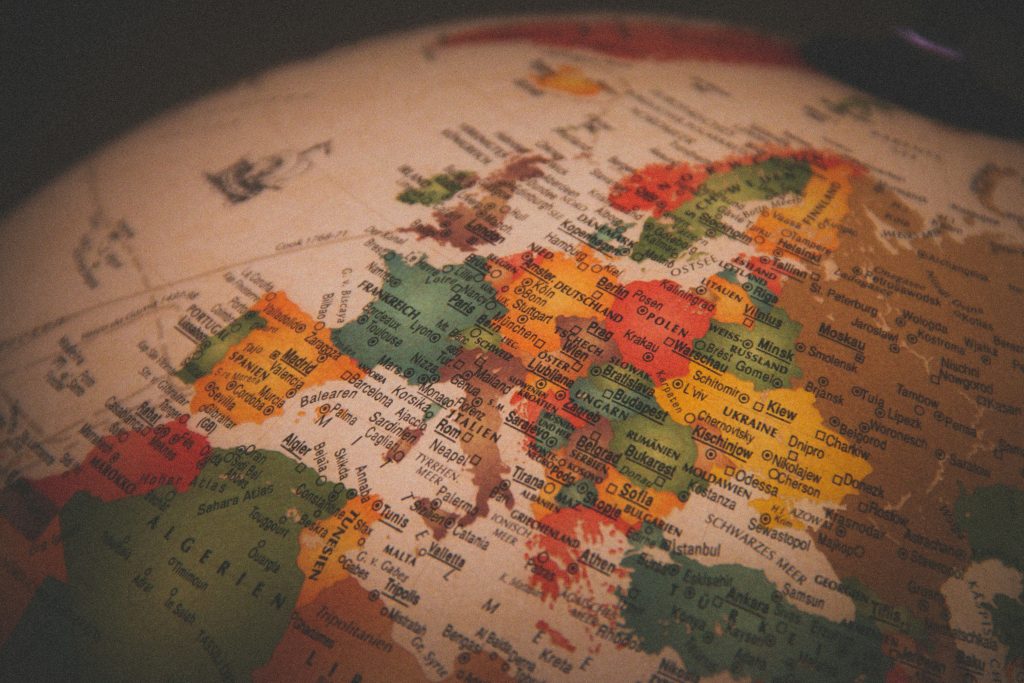Other document
14/11/99Reuniting Europe: Our Historic Mission
Aspen Institute, Wallenberg Lecture, November 14, 1999.

With the collapse of the Soviet empire, History is once again on the march in Europe. But although the fall of the Berlin Wall truly paved the way for the reunification of Europe, the ten years which have since elapsed have been merely what might be termed a “transitional” stage towards the market economy and democracy. For many of the European countries in question the future is still uncertain.
Today, we no longer speak of the “other Europe” as we used to do, but of the CECC countries -the central and eastern European countries – and I fear that that jargon betrays our underlying feeling that those countries are not yet part of our world. Much remains to be done and – let us not delude ourselves – the goal is not simply to enlarge Europe as we did in western Europe when the Community increased from six to nine and subsequently to ten, twelve and fifteen Member States. Our historic mission is to reunify Europe behind its common values, while respecting its diversity.
When History began again in Berlin, it did so in its own haphazard way. It is for us to give it a meaning, failing which we can only be its playthings and, in all likelihood, its victims. This is why we must be absolutely aware of each of those countries’ own individual personalities and also of the marks left by forty years of totalitarianism and an economic and social organisation which was at once centralised, paternalistic and inefficient. In that regard, we must speak in terms of the cultural dimension of enlargement. All those nations – some large or small to varying degrees – have memories and a genetic inheritance of a whole history of tragedies and caesuras. That geopolitical dimension should be borne in mind when considering the great ideal of peace which is the centrepiece of the European edifice.
By stressing this change of scale – since we must now think in terms of some thirty Member States in a Europe whose eastern boundaries will probably remain uncertain for some considerable time – it is my intention to emphasise the burden of the heritage that we shall have to assume, because we shall have to reach beyond all the tragic events and errors of the dying century or risk failure. We shall have to transcend this never-ending European civil war which has twice become a world war and subsequently fed on the Cold War between the two superpowers. The question is whether we can reach beyond the vicissitudes of diplomacy between the two wars, with the failure of the Treaty of Versailles, the Spanish Civil War, the shame of Munich and the shock of the German Soviet pact, in other words, whether we can transcend the powerlessness of the large and the small European States, who were the supposed victors, and that of those on the losing side and recreate, between them, order and peace on the continent.
What sort of political project, I almost said what marriage contract, is acceptable to or better, desired by the candidate countries? And, since it is not possible to duck the issue, what institutional arrangements are best suited to turn this greater Europe into an efficient, transparent and democratic whole?




